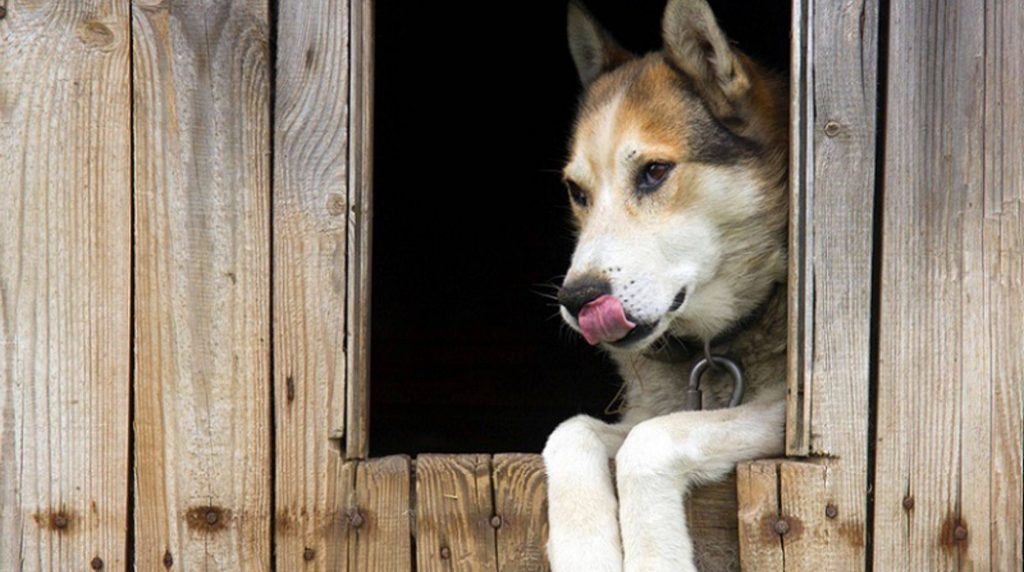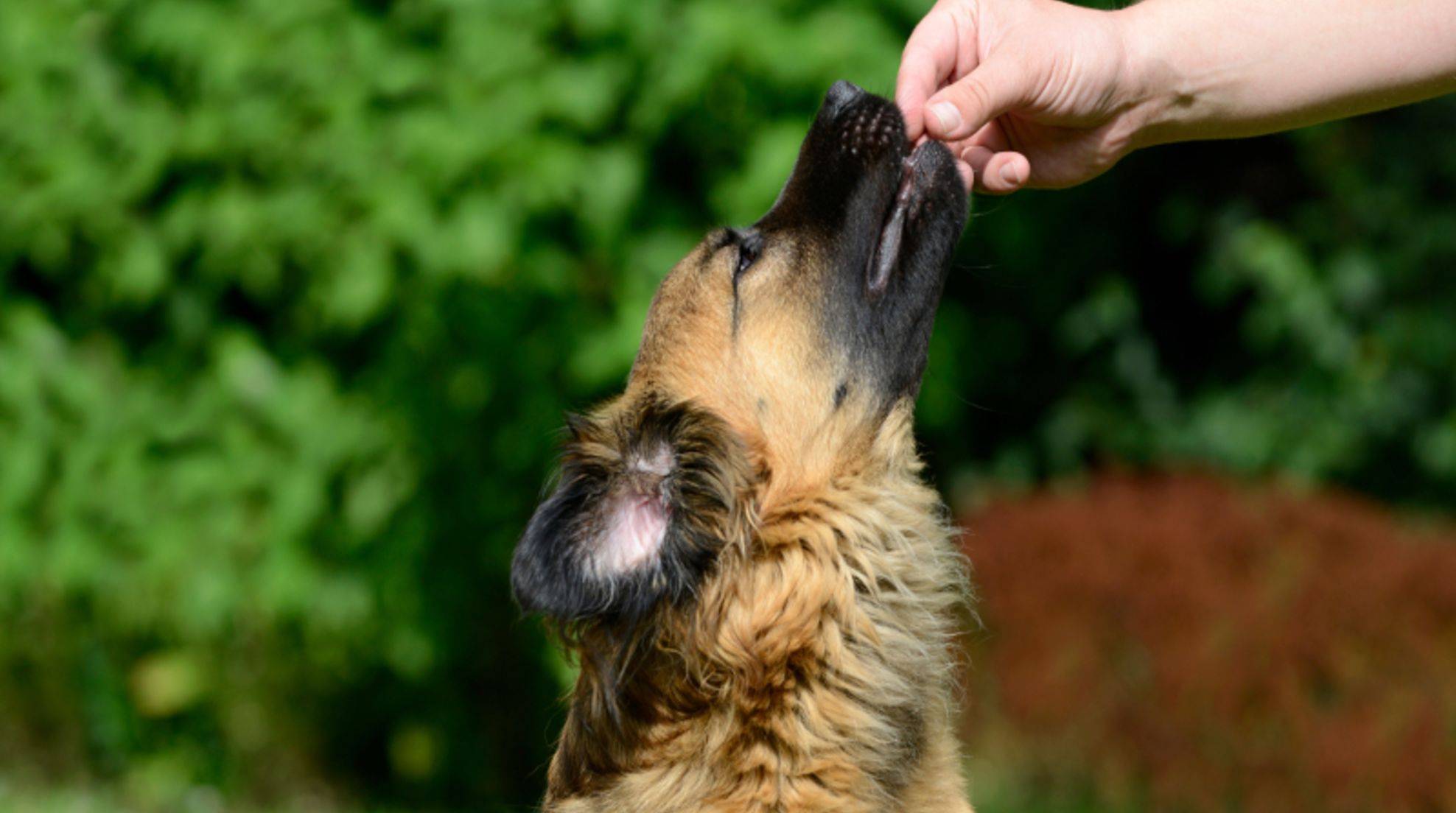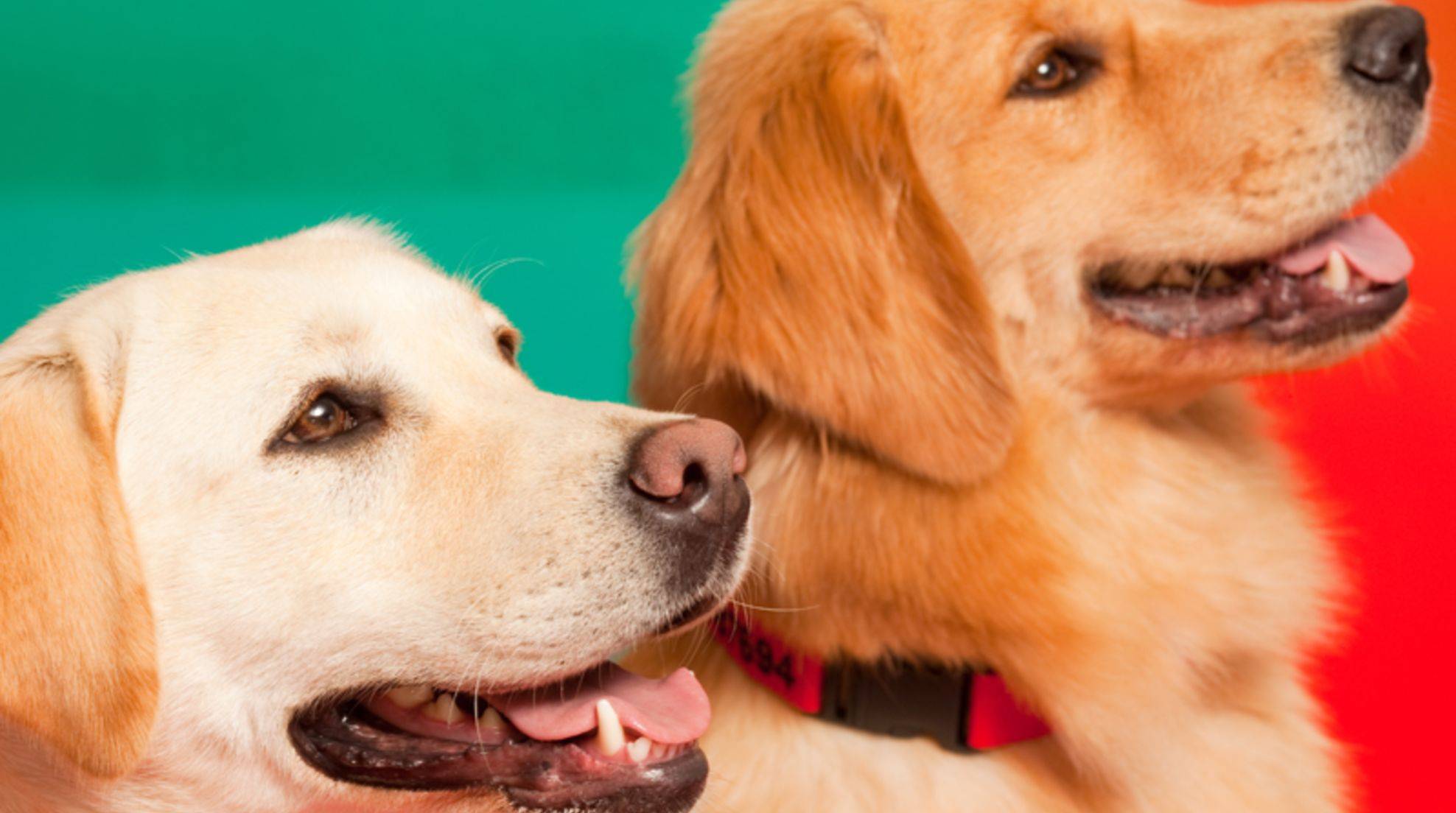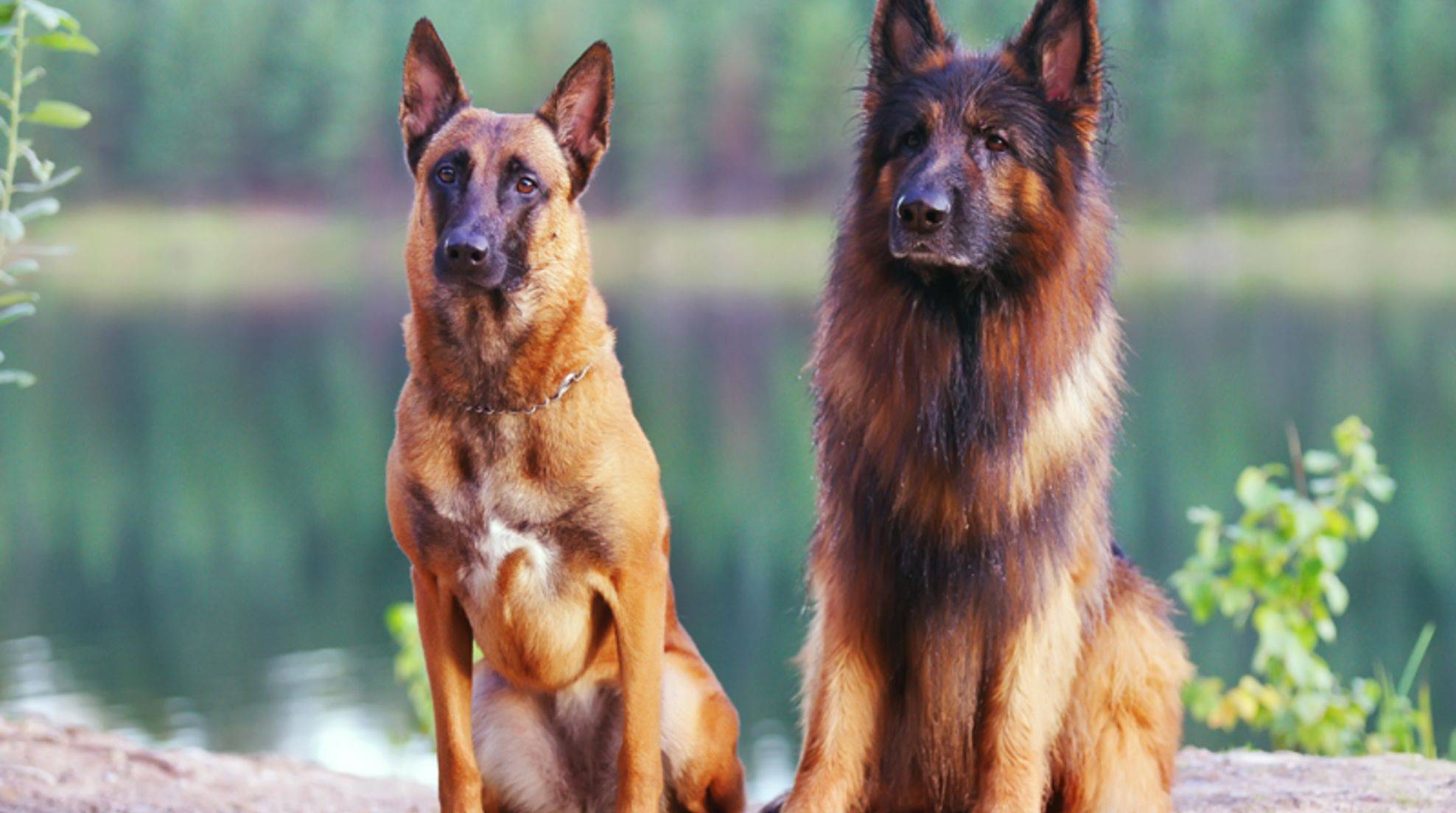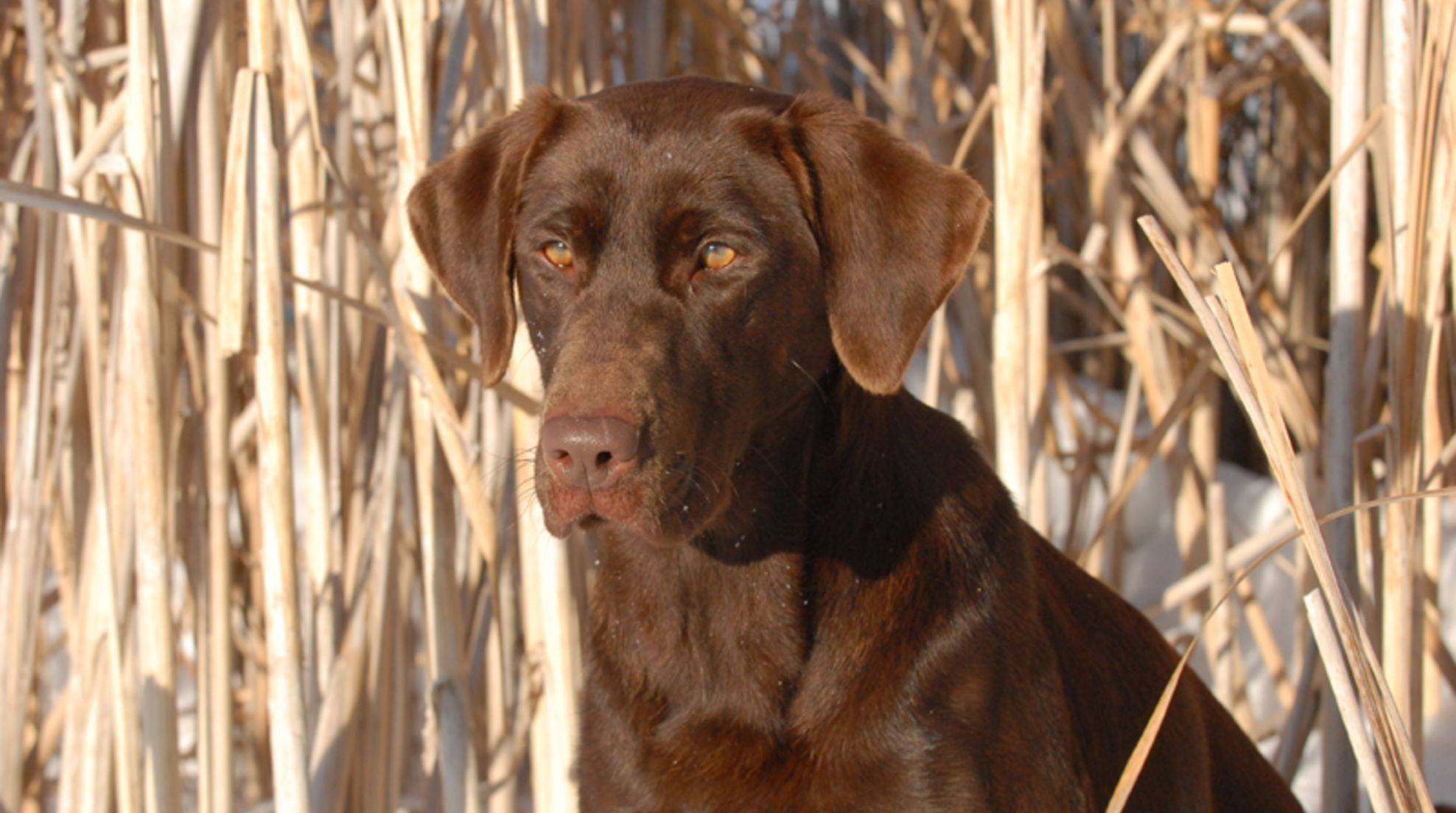Pavlov’s dog and classical conditioning
The so-called Pavlov’s dog stands for an experiment with which the famous natural scientist Ivan Petrovich Pavlov proved the phenomenon of classical conditioning.
The Russian professor Ivan Petrovich Pavlov (born on 14.09.1849 and died on 27.02.1936) received the Nobel Prize in 1904 for the elucidation of digestive processes and was also the discoverer of classical conditioning in dogs. In this phenomenon, an innate unconditional reflex becomes a conditional reflex, i.e., intentionally evoked, through training. To prove that the principle of conditioning works, he conducted an experiment that became famous as Pavlov’s dog.
Pavlov discovered the phenomenon of classical conditioning.
Dogs salivate more during food intake. The increased salivation is a natural and compulsive response to the food stimulus – that is, the smell and sight of the food. This involuntary reflex of the quadrupeds is not to be suppressed. However, Pavlov observed with its research work to the digestion with dogs that with the animals, and increased salivation flow occurred not only during the feeding but already, as soon as it approached the dog kennel only.
A dog has no reason to drool at simple audible steps – unless it has learned to link the little stimulus of the steps with the gift of food. Pavlov now wanted to prove the theory of this learning process in dogs – conditioning. Therefore he set up a simple but relevant experiment: Pavlov’s dog.
The proving experiment: Pavlov’s dog
He used a simple bell to create an acoustic stimulus by ringing it in his dogs for his experiment. As the naturalist observed, this sound alone did not trigger an increased salivation reflex in the four-legged friends. He then fed his dogs shortly after the bell sound, exposing them to the food stimulus, which caused them to salivate more, and the encouragement of the ringing simultaneously.
After a certain habituation period, Pavlov only let the bell ring: As he had expected, the dogs reacted to the sound stimulus alone with more salivation because they learned that there is food after the ringing. So he had successfully trained his dogs to have a conditional reflex to a stimulus that was insignificant to dogs. Also, this habituated reflex could not be suppressed by the animals, just like an innate one. Thus the principle of conditioning was scientifically proven. Without this discovery, an essential component of today’s behavior training with dogs would be missing.
Again a tiny summary pleases? Here the experiment of the famous scientist, Pavlov’s dog, is explained again briefly:
And here follows the short explanation of classical conditioning:

